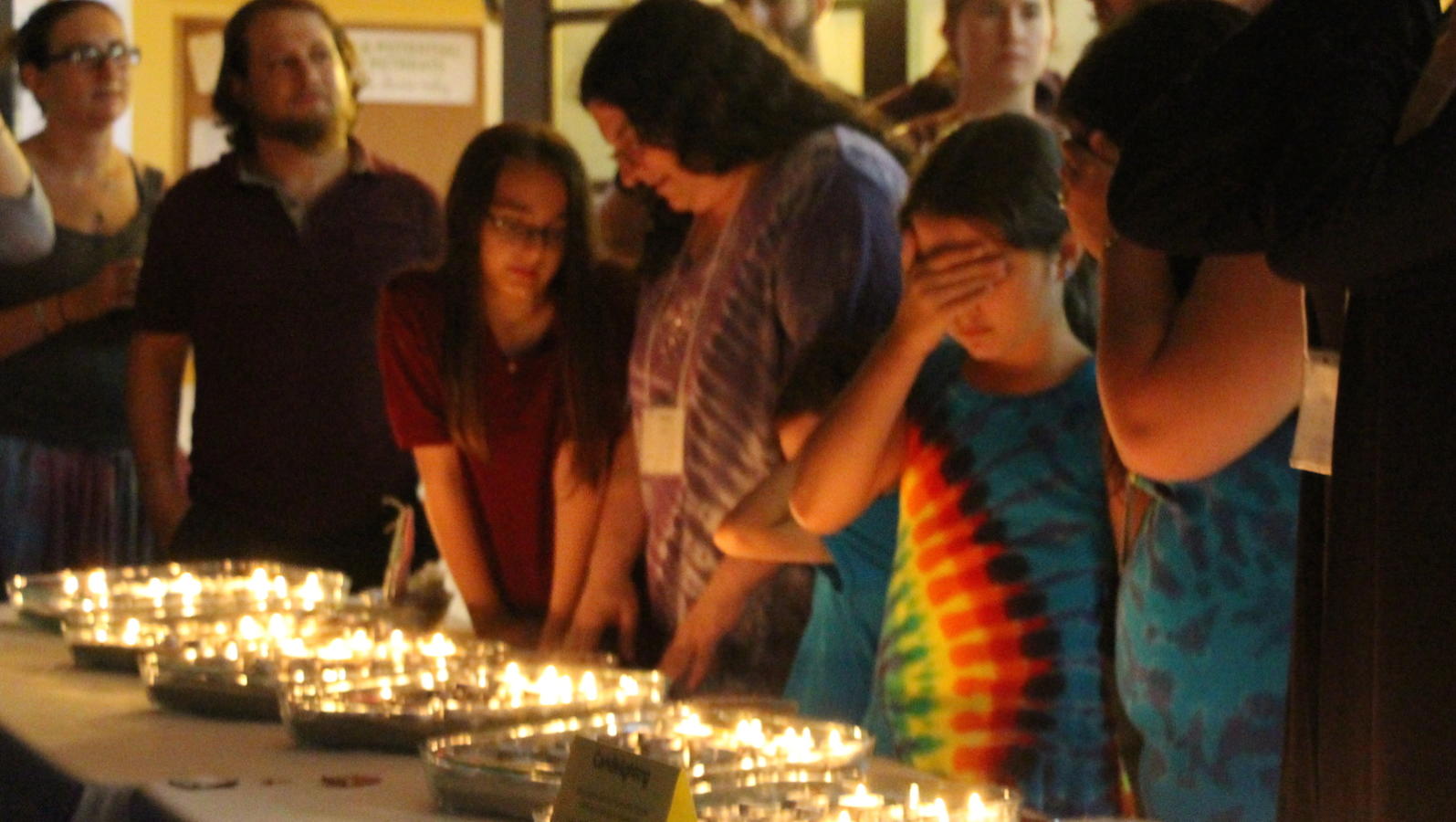Passover is like a love affair—intense but brief. The Sabbath stands in judgment upon us as human beings and calls into question the things that should merely engage but, in fact, overwhelm us. That is why, at sunset on the eve of the seventh day, words do not create worlds. The magic works only when people want it to. The Sabbath is like a marriage that is ordinary and lasts for years. A love affair is what it is—but on the basis of the Sabbath, one can build one’s life, and many do.
We Jews fail the Sabbath, fail to observe the day of rest and renewal, not because in the ordinary and everyday we do not find an above and beyond. The opposite is the case. The common life of every day demands the Sabbath; the workaday world requires it; the working person languishes without it. But the Sabbath’s magic and message of the sanctification of time—remarkably relevant to the human condition at the threshold of the twenty-first century—present a vision altogether too austere, too penetrating. Lacking in sentimental guise, the Sabbath does not appeal to resentment and fear and does not address individual and family alone.
The Sabbath lays down a judgment on the fundamental issues of our civilization and, specifically, demands restraint, dignity, reticence, and silent rest—not commonplace virtues. If, therefore, the transformation of time, the centerpiece of the life of Judaism, occurs for only a few, the reason is not obsolescence but the opposite: excessive relevance. The Sabbath touches too close to home, ripping the raw nerve of reality. For it calls into question the foundations of the life of one dimension only, asking how people can imagine that all there is is what they see just now. The Judaic vision that perceives things to be not what they seem blinds, on the Sabbath, with too much light. Passover is but once a year and, in all the hocus-pocus of removing leaven and eating matzah, easy in its cultic complexity. But the Sabbath, and, in its wake, the festivals and the Days of Awe, these are another matter. They question. They disrupt. They do condemn. And they take place every week—or, with the festivals, [less] often—turning one place into another and one time into another.
The Sabbath words yield no new worlds, not because people do not listen to the answer that the Sabbath gives in the way they listen to the answer of Passover. It is that they do not ask the question that the Sabbath answers, while they do find urgent the question settled by Passover. The Sabbath in its depths addresses a profound human problem. The Sabbath confronts civilization and concerns the world at large, not the Jews alone. When people wish to take up this problem, they will enter the sacred disciplines of the Sabbath as commonly as they join the Passover banquet.

Help us keep Jewish knowledge accessible to millions of people around the world.
Your donation to My Jewish Learning fuels endless journeys of Jewish discovery. With your help, My Jewish Learning can continue to provide nonstop opportunities for learning, connection and growth.
Reprinted from The Enchantments of Judaism, published by Basic Books.
Jacob Neusner, Ph.D., is an ordained rabbi, a professor of religion at Bard College, and the author of innumerable books in Jewish studies, including translations of all the major works of rabbinic literature.
Sign up for My Jewish Learning’s RECHARGE, a weekly email with a collection of Shabbat readings and more to enhance your day of rest experience.




